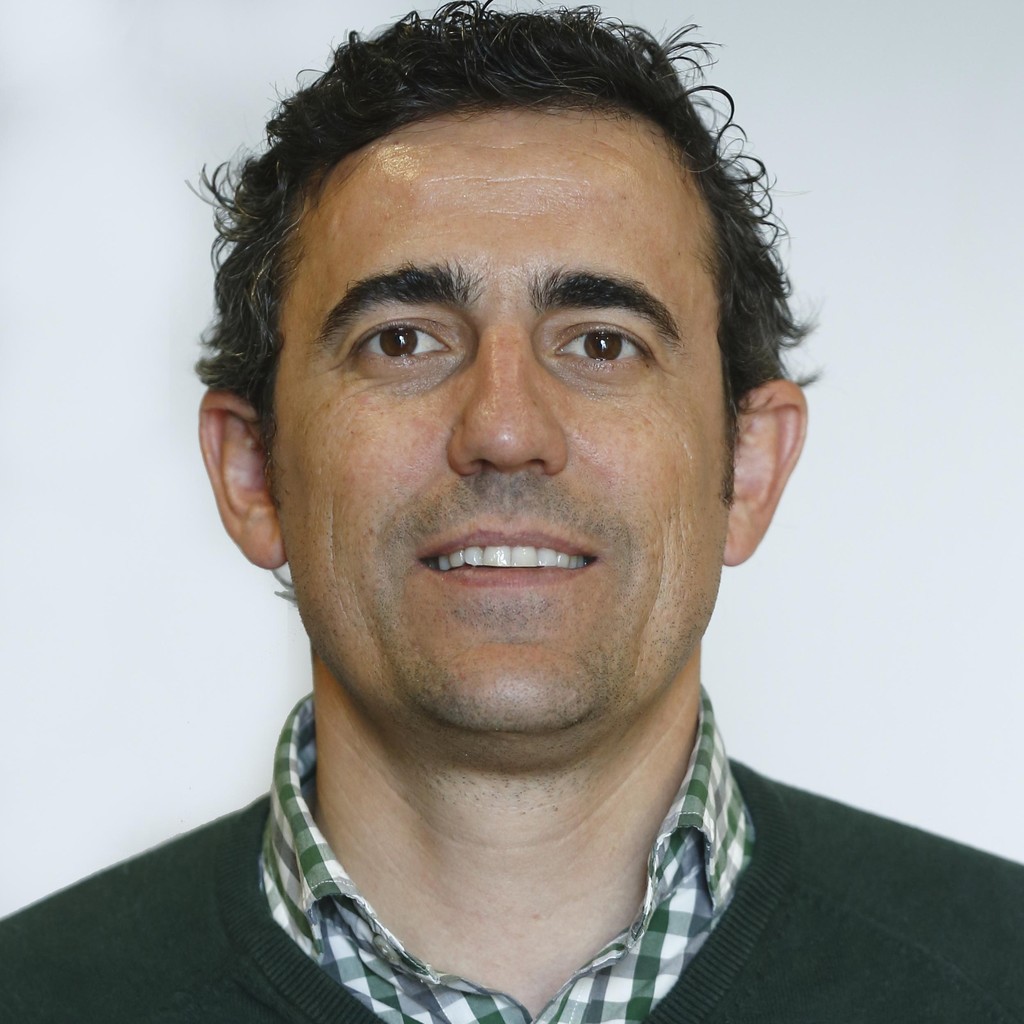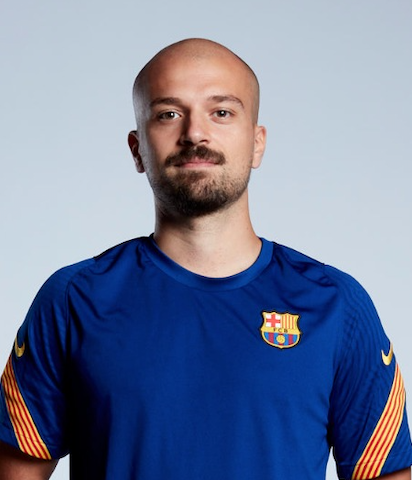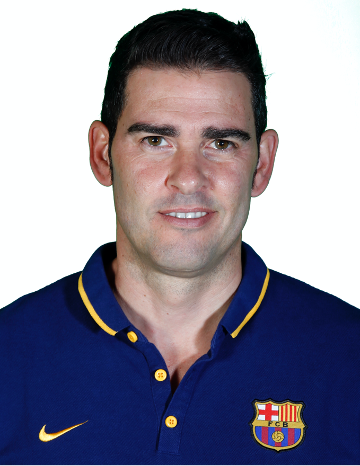Professional Diploma in Football Tactical Analyst
🔥 Enroll Now – Limited Time Offer!
Professional Diploma in Football Tactical Analyst
10 months
English
Online-based
Introductory
Barça Innovation Hub
Description
The huge growth in the economic resources of professional football clubs has given analysts the opportunity to work in a more thorough, organized way and to contribute to improving team performance. This in turn has firmly placed this professional job profile within a growing labor market. At the same time, the continuous progress in the development and evolution of tactical analysis in football makes study and training in this field of work permanent.
The work proposals are increasingly broad for analysts, which allows them to take work roles in specific topics of analysis. For this reason, in this programme we will delve into four specific topics in which an analyst can specialise and thus perform a professional job in a specific scope, considering the impact of technology within this field, and therefore the acquisition of basic knowledge regarding the foundations that make up its use, understanding, and application
1,378 $ 689 $
START DATE
10/07/2025
Learn to
Experts Advisors:

Antolín Gonzalo Martín

Alberto Angelastri

Joan Vicente Armengol

Isidre Ramón Madir

Jordi Pons Bolívar

Martí Casals

Angel Ric
Course Syllabus
Analysis of the Start Phase of the Game
Set Piece Analysis
High-Press in Football
Observation Methodology in Formative Football
Match Analysis
Analytical Implementation and Technological Processes
Team Analysis (Self-Analysis)
Rival Team Analysis
Sports Analytics - Essential Concepts
Video Analysis
What Does It Include?
This certificate demonstrates your expertise and validates the skills you acquire through the course. While it is not accredited by governing bodies like CAF, AFC, or FIFA, it is issued by Barça Innovation Hub, offering credible recognition for your professional development.
No, the certificate is not directly accredited by governing bodies like CAF, AFC, or FIFA. However, it is part of Barça Innovation Hub's executive education programs, designed to develop specific skills and enhance professional growth.
Barça Innovation Hub is FC Barcelona's R&D and knowledge-sharing center, focused on innovation in sports performance, medical services, technology, and team sports. It collaborates with leading professionals and brands to create impactful educational programs.
Online-based programs: 100% online with flexible access to all course materials and expert support.
Most courses are one month long. For more advanced programs or diplomas, durations range from 2 to 9 months. Specific details are available in the program catalog.
The course starts on the 10th of each month. Registration closes on the 5th of each month, so be sure to enroll before the deadline.